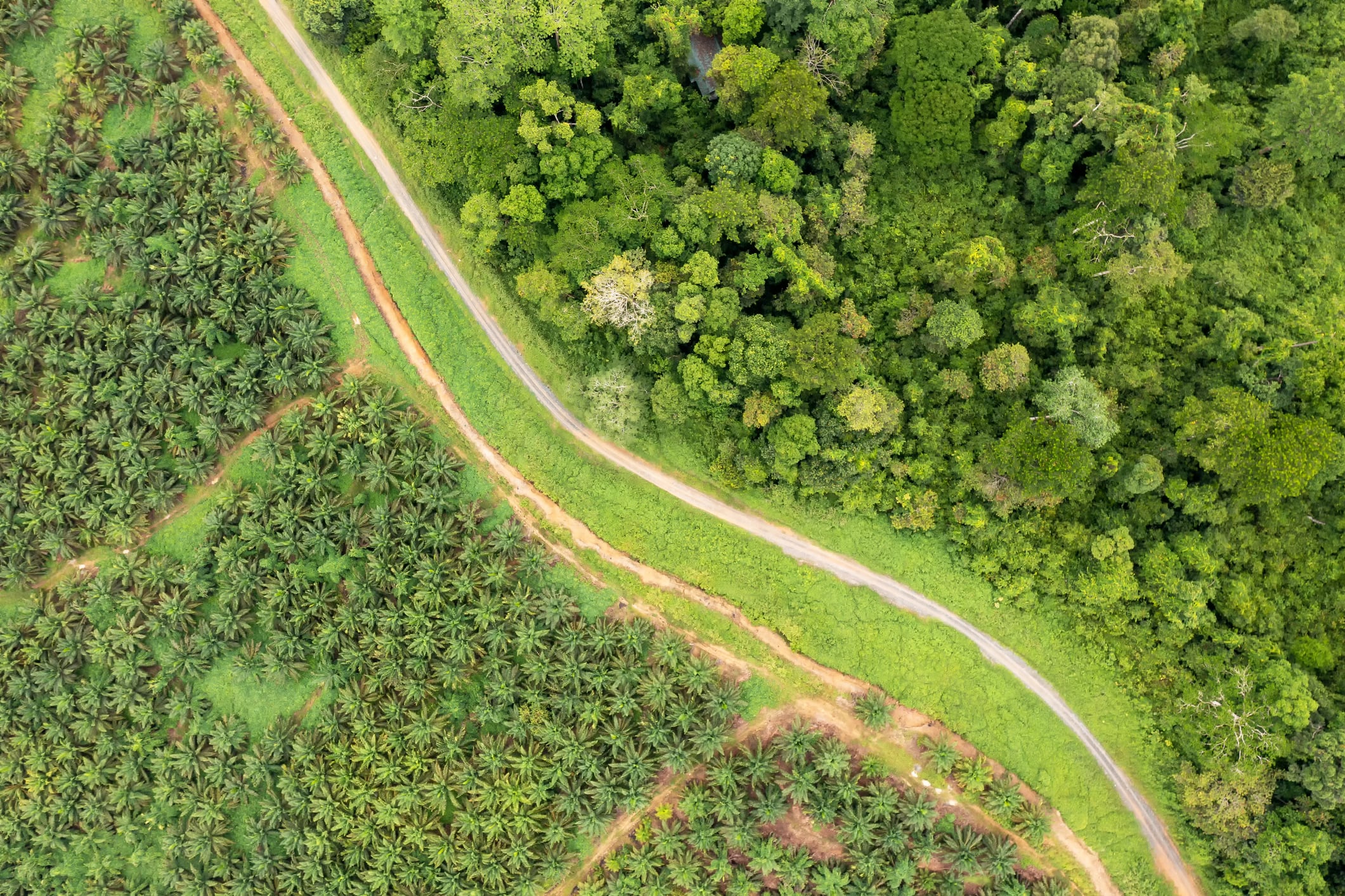At the moment, the landscape remain fragmented, with traders, regulators, non-governmental organisations (NGOs), and technology providers operating independently rather than in coordination.
“Efforts are often fragmented, with traders, regulators, NGOs, and tech providers working in isolation. Stronger cross-sector collaboration and shared data systems are needed to create a harmonised approach, reduce duplication, and make adoption easier and more beneficial for farmers.
“What’s needed most is collaboration, linking data driven traceability with on-the-ground support to make sustainability both measurable and inclusive,” said Ainu Rofiq, co-founder of Koltiva, developer of KoltiTrace, a digital traceability platform that maps producers, monitors farm-level data, and verifies transactions in real time.
He highlighted “critical gaps” where governments and the private sector can work together to support smallholders.
“Most farmers still lack clear, practical information and guidance, as regulatory messages often stay at the corporate or government level and are not translated into local languages or simple, actionable steps.
“Governments can help by simplifying land legality processes and providing accessible frameworks for farm registration and documentation, while companies can assist with geolocation mapping and digital onboarding, while the private sector can provide scalable digital solutions and farmer training.”
He added that collaboration would be needed to improve infrastructure, as many rural areas lack stable internet, digital tools, and basic training.
Then there are the financial hurdles and constraints that further limit smallholder participation.
“Smallholders often bear the cost of compliance without immediate benefits, which lowers motivation. This is where financial incentives, premiums, microfinance, or carbon-credit schemes from businesses and governments can make a clear difference.”
Information bottleneck
Smallholder farmers managing less than 50 hectares of oil palm contribute up to 30% of the world’s crude palm oil and oversee nearly a third of total plantation area.
Yet in Indonesia, only 7% of certified mills source from independent smallholders, and fewer than 1% of these farmers hold Roundtable on Sustainable Palm Oil (RSPO) or Indonesian Sustainable Palm Oil (ISPO) certification.
In Riau Province, one of the country’s leading palm oil-producing regions, independent plantations cover 1.61 million hectares, but just 0.48% (7,798 ha) are RSPO-certified, highlighting a significant inclusion gap.
“Most smallholders still do not fully grasp the urgency of the EU Deforestation Regulation,” said Ainu.
He elaborated that much of the information about EUDR remains stuck at the top of the chain, rarely reaching farmers.
“Information about EUDR often stays at the exporter, trader, or corporate level and is rarely translated into simple, practical guidance for farmers. Many smallholders are not part of formal cooperatives or certification programs, so they are left outside information channels.”
Furthermore, any information that reaches farmers are often technical and difficult to relate to.
“What they do understand clearly is the risk of losing market access or premiums if they cannot comply,” Ainu stressed.
“This is why awareness-building, field training, and simple explanations of how EUDR affects their income and future market opportunities are crucial. When the connection between compliance and livelihoods is made clear, smallholders become far more engaged and responsive. As a result, EUDR may be viewed as a distant, European policy rather than an immediate livelihood risk.”
Contrary to popular belief, smallerholders are increasingly open to adopting new technology.
“Their level of receptiveness depends heavily on whether the solution is practical, trusted, and adds real value and benefits to their daily work. When digital tools help them access better prices, simplify record-keeping, secure buyers, or help them meet certification standards, farmers quickly adapt,” said Ainu.
However, they can be hesitant with concerns about data privacy, additional workload, unfamiliarity with digital tools, or uncertainty about the benefits.
He said: “This means that while smallholders are not resistant to technology, they need clear incentives, hands-on support, and tools that are simple, affordable, and available in their local language. When these conditions are met, receptiveness is high and adoption grows significantly.
“Our experience shows that the key is trust and relevance: once farmers understand that traceability platforms directly help them gain market access or improve productivity, adoption becomes organic rather than enforced.”


